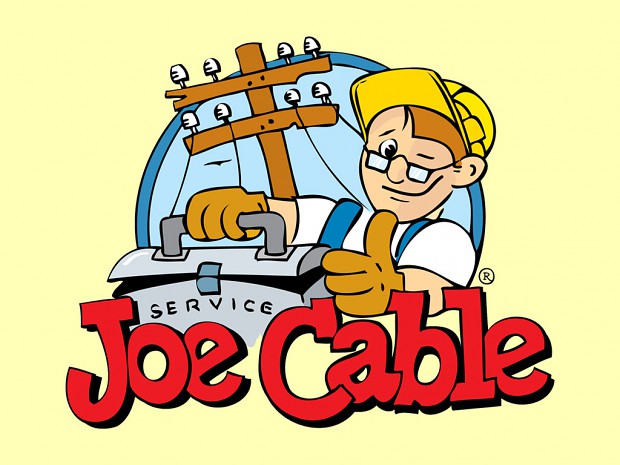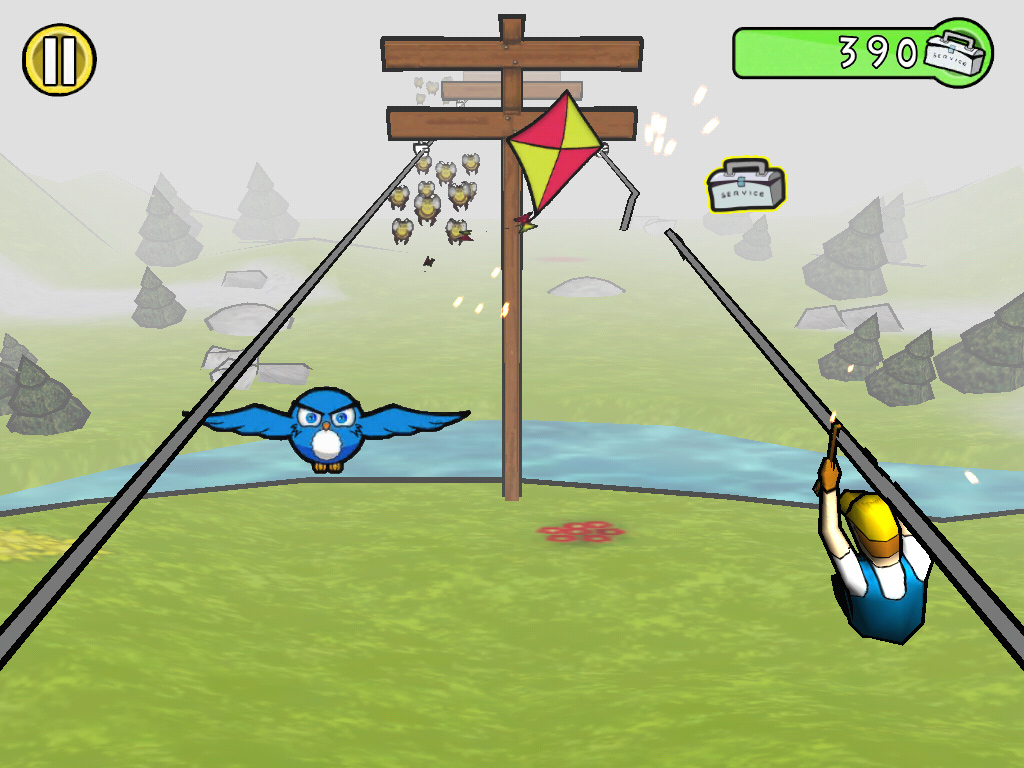
The song that received the most attention for its statement about race relations was “You’ve Got to Be Carefully Taught,” in which the young American Lieutenant Joe Cable sings, “You’ve got to be taught before it’s too late, before you are six or seven or eight, to hate all the people your relatives hate, you’ve got to be carefully taught!” This open comment on the irrational prejudices that govern society provoked various businessmen to request that the song be removed from the show, but Rodgers and Hammerstein agreed with Michener’s statement, “If you cut that song, you cut the whole musical,” demonstrating that criticism of current race relations was the very core of the production. When South Pacific played in Atlanta during the 1953 national tour, the Georgia state legislature criticized both the show and the city for allowing tolerance and equality to be suggested to the Southern people, particularly the idea of interracial marriage. Though this bluntly said “racism” to some, other audiences quickly perceived and criticized the call for racial tolerance. The cover art for the original libretto provides an accurate representation of Bloody Mary’s stereotypical portrayal: a dark-skinned, ape-like woman with leis, a grass skirt, and bare feet.


The moral went over some heads, mutilating satire into gross racism. Due to the lack of civil rights activism, the show’s satire was interpreted in a variety of manners different from the response Hammerstein and Logan intended. South Pacific was one of few landmarks of popular culture in the late 1940s which openly addressed America’s troubling racial attitudes and encouraged a step towards the peaceful equality which Hammerstein sought. As the nation’s attention had been fully focused on World War II and accompanying domestic issues in recent years, the Civil Rights movement was weak and racial equality was not at the forefront of many American minds.

The writers of South Pacific used the show as a plea for racial tolerance, but the lack of public concern for race relations led few to fully absorb the well-intended message, their portrayals of Pacific Islanders perpetuated derogatory stereotypes, and the anti-discrimination sentiments provoked regional opposition. Despite the more conventional aspects of the production which lured audiences, it aided early signs of social movements that would become more effective in the next few decades and paved the way for other shows to address current social issues. The show’s pretense of traditional romanticism pulled crowds across America to one of the most celebrated and popular Broadway musicals of the twentieth century, but the plot’s attention to race and gender relations exposed and fueled very early cracks in the consensus beginning to form when South Pacific opened in 1949, and defined America in terms that not all Americans could be proud of. Though the subject had the potential to be highly controversial, the show ran at the Majestic Theater for 1,925 performances. Rodgers, Hammerstein, and Logan’s musical play South Pacific, based on the Michener’s novel Tales of the South Pacific, broke ground by combining World War II with romance and lively song and dance. When plays, novels, and movies of the time acknowledged the war, it was most often to explore suffering and other negative consequences.

Amidst the turbulence that followed World War II, most musicals addressed different subjects or time periods, avoiding stories based on the war. Broadway has always had an important impact on popular culture as it reflects and fuels important social movements.


 0 kommentar(er)
0 kommentar(er)
